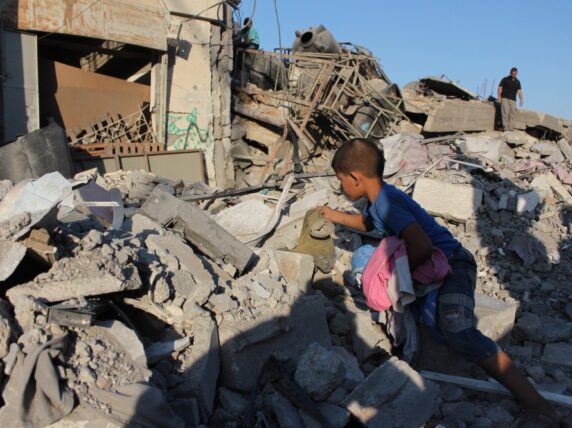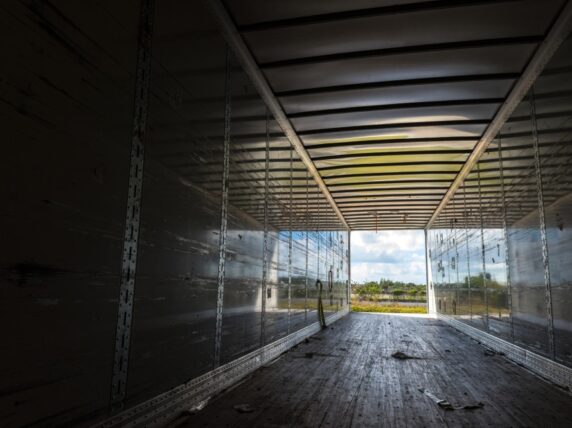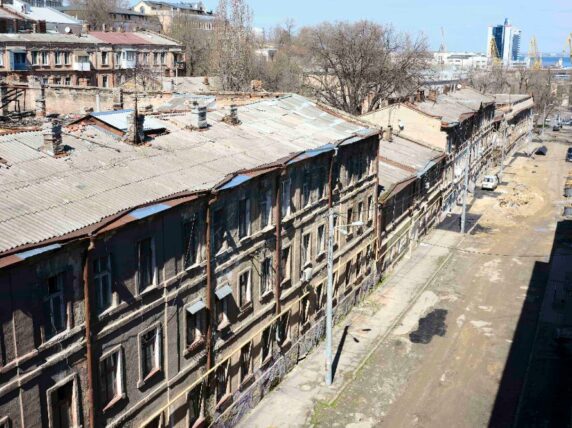The response to the devastating earthquake in Turkey and Syria: what do we know so far?
There is an international humanitarian response underway following the 7.8 and 7.5 magnitude earthquakes and aftershocks which affected southwestern Turkey and northwestern Syria in the early morning of Monday 6 February, as governments pledge assistance and NGOs try to reach the worst affected areas.
At the time of writing, the death toll has reached more than 46,400, but as the scale of devastation continues to be uncovered, the World Health Organization (WHO) has warned it could continue to rise. While serve conditions including freezing temperatures, unstable infrastructure and debris, and the possibility of further aftershocks pose serious threats to the rescue effort.
When natural disasters, like earthquakes, strike populated areas, there is an immediate need for temporary shelter, ready-to-eat food items, and medical facilities. As this earthquake has impacted Turkey and Syria during the winter, when weather conditions are severe, heating and warmth is also a vital provision for those affected.
Many NGOs have sent emergency teams to the region and those already on the ground have expressed concern over the existing challenges of providing humanitarian assistance in Northwest Syria which is now exacerbated by the earthquake.
The International Rescue Committee has warned that this is a “crisis within multiple crises” for Syria since 60% of the 4.6 million population of Northwest Syria is already internally displaced and the earthquake comes against a backdrop of the continued civil war, freezing weather conditions, and the region’s first cholera outbreak in a decade while health facilities are strained beyond capacity.
The immediate response on the ground
Save the Children said it was responding quickly to the emergency, ensuring the safety of its staff in the region. The NGO is working closely with partner organisations in Northwest Syria to assess the scale of the damage and provide support. While in Turkey the organisation has established a response team which will be supporting the national emergency response across the region, in close coordination with the government and key stakeholders.
CARE Türkiye has reported that it is prioritising the delivery of essential items to people seeking refuge from the earthquake, recognising the urgency as the extreme weather conditions impact access and safe passage.
“We are hampered by the extreme weather including snowfall over Southeast Türkiye and Northwest Syria, making it very difficult for us to access roads, warehouses and supplies that are desperately needed at this current time,”
Sherine Ibrahim, Country Director of CARE Türkiye
ActionAid has reported that there is a lack of tools to clear the debris and rescue those from under the rubble in Syria. Previously when Northwest Syria has been impacted by air strikes, Turkey has been the main provider of such tools and machinery to clear debris, yet as the country is focused on using such tools to recover its citizens impacted by the earthquake, there is an urgent need for such tools and equipment to be provided to Syria.
Islamic Relief teams are on the ground responding to the disaster, both in Turkey and Syria. In Turkey, they are providing emergency medical assistance, shelter and cash grants to enable those worst affected to meet their immediate needs. In Syria, their priorities will be providing health and medical supplies to hospitals and clinics, as well as blankets and tents for those made homeless by the quake.
Action Against Hunger has deployed teams to the affected areas to provide immediate assistance. The organisation has been working in Syria since 2008 and staff in the region are carrying out emergency support there.
The Disaster Emergency Committee has launched an appeal which will allow DEC charities and their local partners to scale up their response and reach more people. The UK Government will match pound-for-pound up to £5 million donated by the public to this appeal.
How is the UK government responding
Many governments announced immediate humanitarian assistance to help rescue efforts. The UK government has pledged that UK aid will be sent to Turkey and Syria in the form of 77 search and rescue specialists, an emergency medical response team, specialist search equipment and four sniffer dogs. The heavy-duty equipment will allow the UK team to cut their way into buildings and locate survivors in the rubble. A plane carrying the search and rescue team arrived in Gaziantep in southeast Turkey on Tuesday (7 Feb). Since then, the UK has also said it will give another £25 million in UK aid to fund tents and blankets for families made homeless in freezing conditions, as well as the ongoing deployment of medical expertise at a field hospital in Turkoglu.
The UK government has also said it will match-fund the first £5 million of public donations to the Disasters Emergency Committee (DEC) Turkey-Syria Earthquake appeal.
The extra aid now brings the UK’s total financial support in the wake of the tragedy to £42.8 million.
Subscribe to our newsletter
Our weekly email newsletter, Network News, is an indispensable weekly digest of the latest updates on funding, jobs, resources, news and learning opportunities in the international development sector.
Get Network NewsIn north-west Syria, the UK announced extra funding (£800,000) to the White Helmets to continue to carry out search and rescue operations in the region, however, the civil group has called for more international assistance in the form of international rescue teams and specialist machinery.
Andrew Mitchell, Minister of Development, recognised that despite the “very considerable strain” on the UK aid budget, the humanitarian budget is very carefully co-ordinated to “specifically respond to crises like these.”
Following the initial provision of UK aid, the UK government announced that it will “continue to assess the situation and stands ready to provide further long-term assistance as needed.”
Many NGOs have called for the UK government to provide further financial assistance to Turkey and Syria. Any international assistance efforts must work with local aid groups and civil society to increase effectiveness and capacity for local emergency and relief response.
As the scale of the impact of the earthquake intensifies, the need for immediate international humanitarian assistance becomes ever greater.
For the latest updates on what is happening on the ground, please refer to ReliefWeb.
This page was updated on 20/02/2023.




